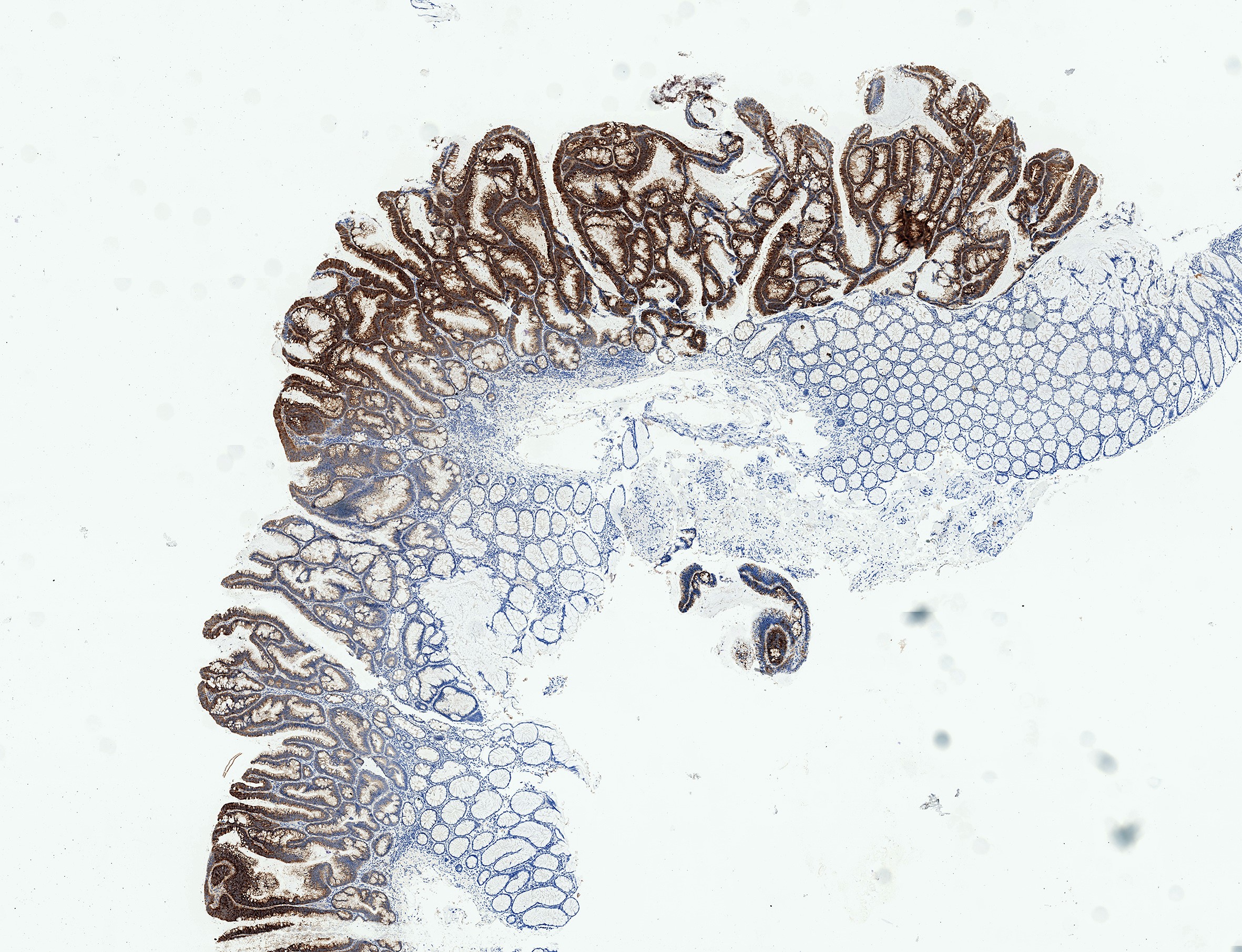Signal molecules of the Wnt family belong to the most important messenger substances for the continuous renewal of our highly exposed intestinal mucosa. At the same time, an overactivity of Wnt is a frequent inducer of intestinal cancer. Mutations in the tumour suppressor protein APC (adenomatous polyposis coli) occur in about 80 percent of all intestinal tumours, leading to the overactivation of the Wnt signalling pathway. Wnt is therefore regarded as an important biomarker and therapeutic target, but the method so far has been too imprecise. Previous attempts to block the Wnt signalling pathway have failed due to the strong side effects, as the messenger substance Wnt is also essential for stem cell formation and cell division of healthy cells.
The researchers have developed intestinal organoids - small mini intestines - from the tissue of colon cancer patients and healthy donors and compared the Wnt activity in its cells. In order to do this, they switched off the tumor suppressor protein APC and observed the development of cancer precursor stages. They saw that the genes activated in the colon cancer patient cells were completely different from those activated in the cells of healthy donors.

Degenerate human colon polyp with immunohistochemical staining of the biomarker DIA2 for the detection of early stages of colon cancer (adenoma) and the surrounding healthy tissue.
Photo: Dr Henner Farin. German Cancer Research Centre (DKFZ), Heidelberg.
The scientists compared the different gene and molecular activity patterns with the molecular data of large patient cohorts and thus were able to differentiate Wnt signalling pathway subtypes with favourable and worse tumour progression. In addition, they found protein markers that could be used for tumour recognition in the future.
The scientists have published their work in the Journal of Experimental Medicine.
B. E. Michels et al. (2019). Human colon organoids reveal distinct physiologic and oncogenic Wnt responses. In: Journal of Experimental Medicine. (Online Publication 21 February 2019): DOI 10.1084/jem.20180823
Source:
https://idw-online.de/de/news710917
http://www.georg-speyer-haus.de/en/research/research-groups/farin/research.html
*In the DKTK, the German Cancer Research Centre (DKFZ) in Heidelberg, as a core centre, is connected long-term with university partner locations in Germany that are particularly well established in oncology.
